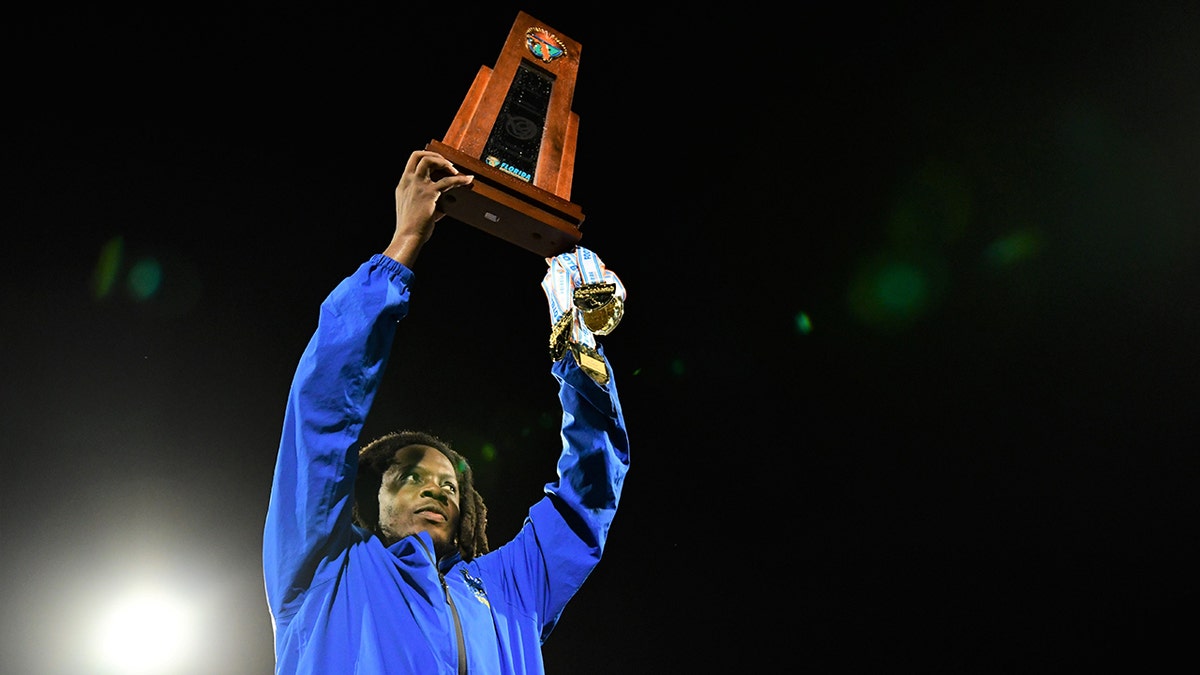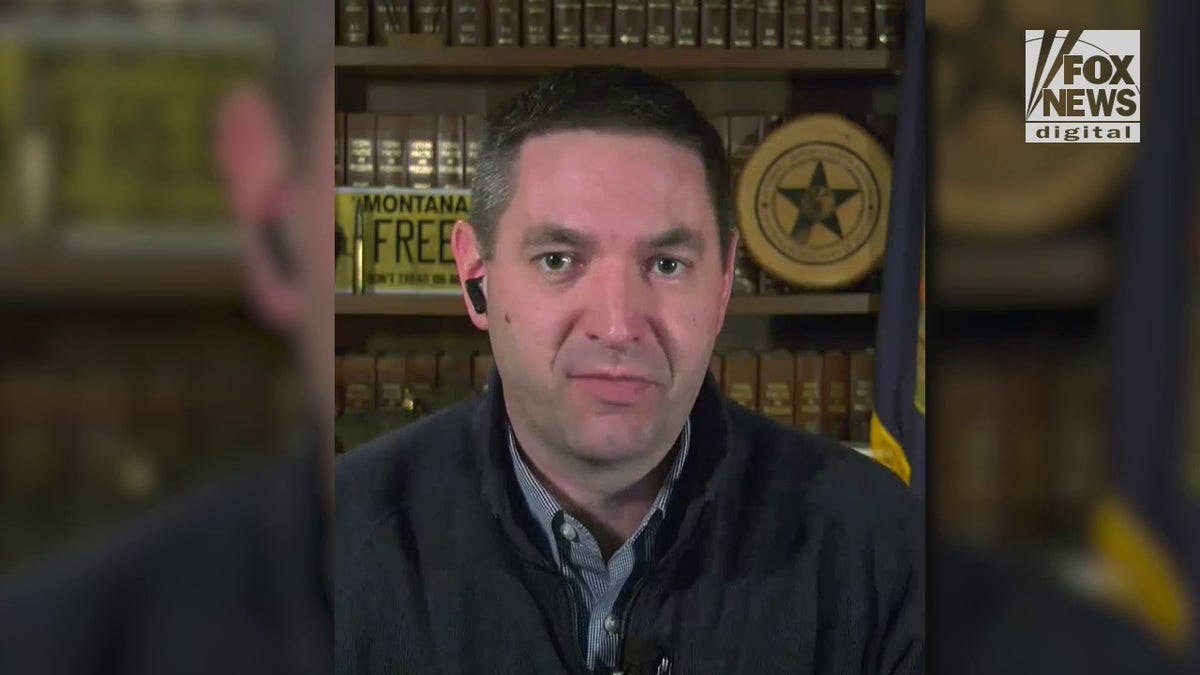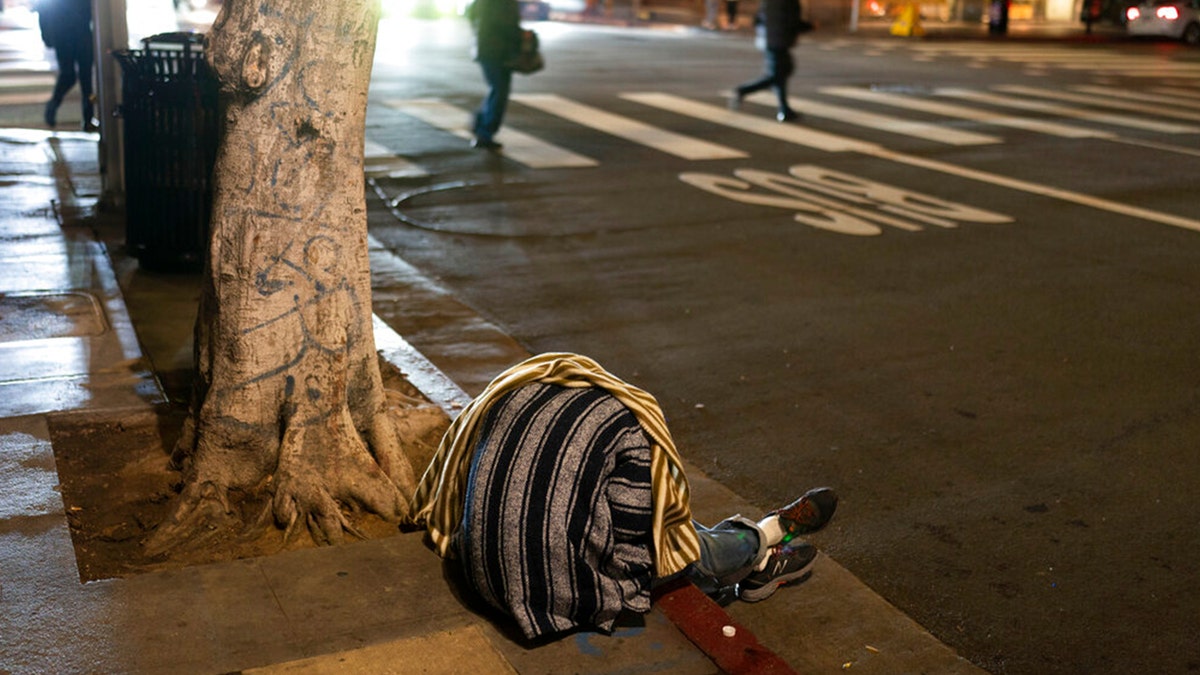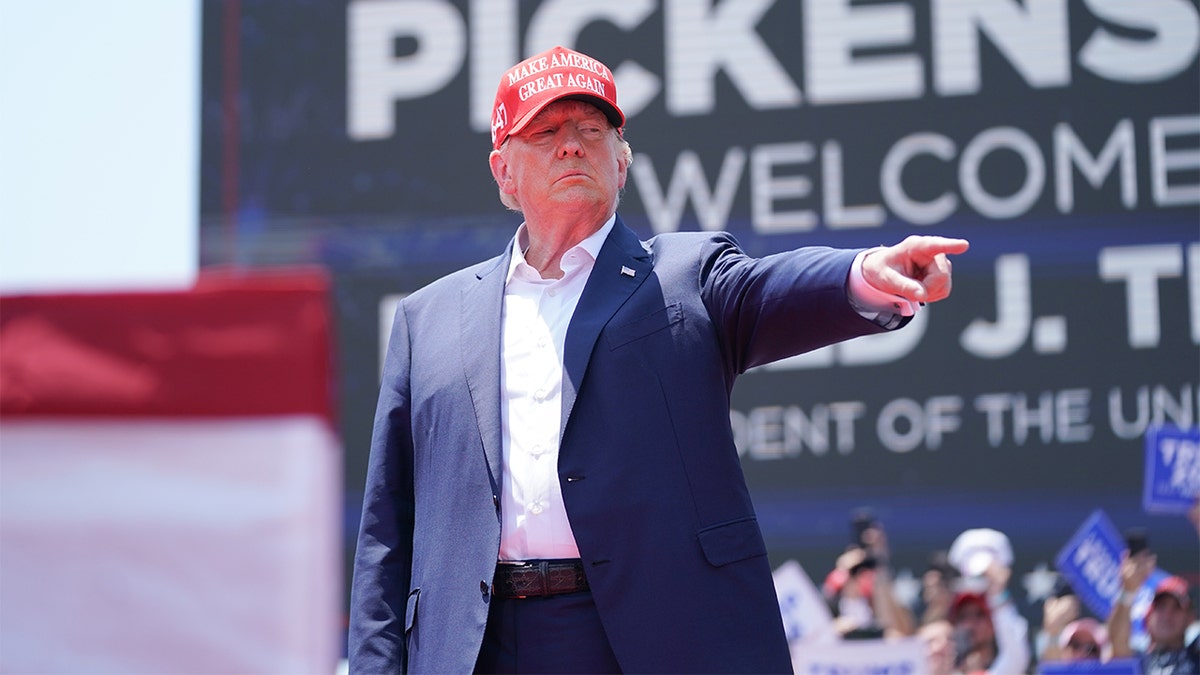Recent discussions surrounding President Biden's demeanor have raised questions about the media's role in shaping public perception. Some critics argue that the portrayal of Biden as a kind and empathetic figure clashes with reports of his short temper and occasional harsh interactions.
Accusations of Biden being "spiteful" and "mean-spirited" have emerged, contrasting sharply with the "Uncle Joe" image often presented. This discrepancy has led some to accuse the media of perpetuating a myth, highlighting instances where Biden has snapped at reporters or made controversial remarks.
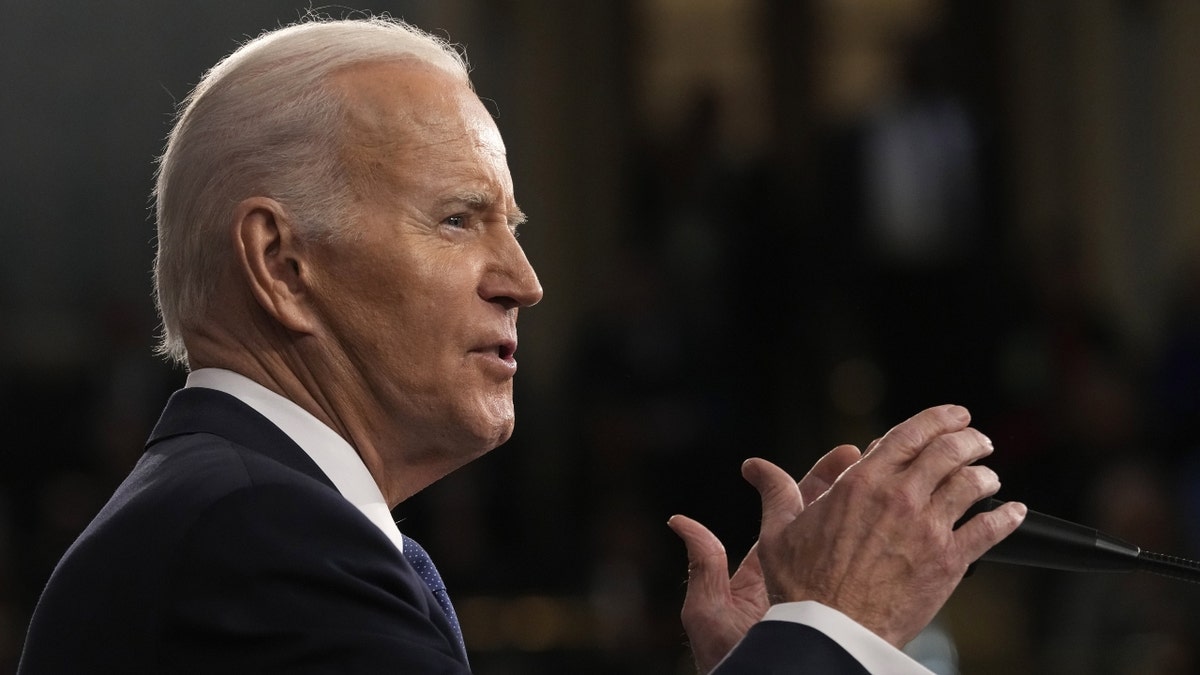
Reports suggest that some aides avoid meeting with Biden alone due to his temper, prompting discussions about whether this behavior is typical for someone in his position. Comparisons have been drawn to past presidents known for their own temperamental moments, raising the question of whether such behavior is inherent in the presidency.
However, Biden's supporters emphasize his empathy, particularly given his personal tragedies. They point to instances of genuine compassion and argue that focusing solely on his temper overlooks a significant aspect of his character. Articles highlighting Biden's empathy have been cited as evidence against the narrative of him being solely an ill-tempered individual.
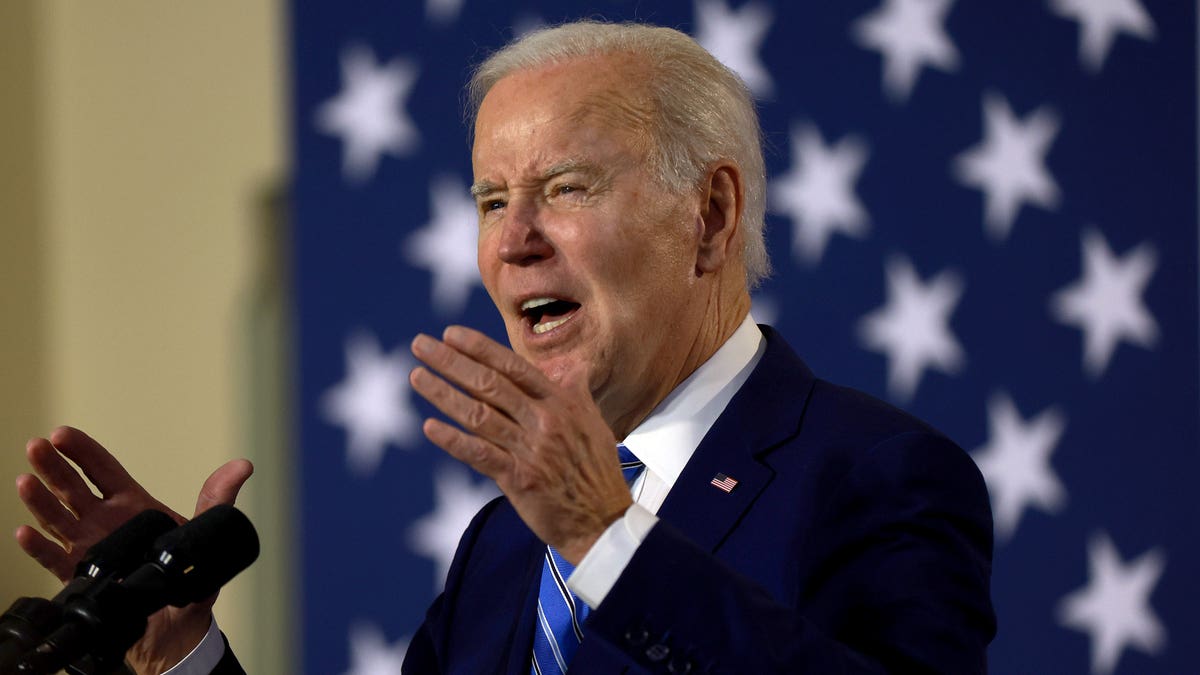
While some argue that the media has been overly lenient with Biden, others point to instances of critical coverage regarding his handling of Afghanistan, his age, and his overall approval ratings. The debate continues as to whether the focus on Biden's temper is a legitimate critique or a politically motivated attack.
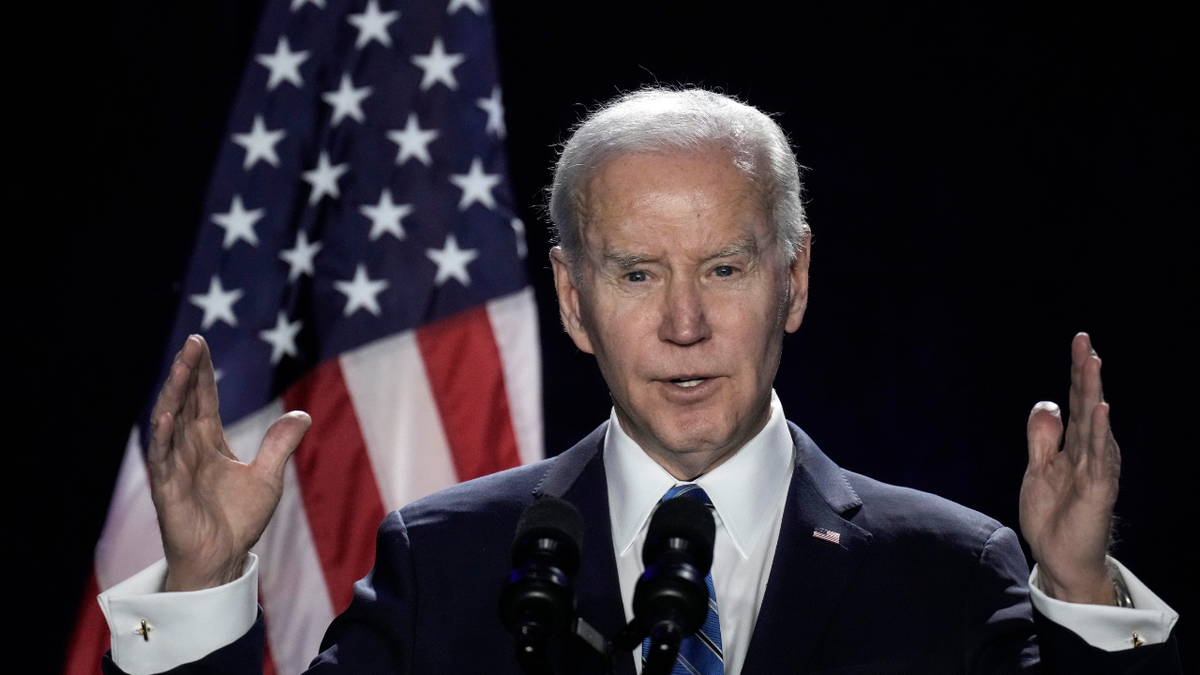
Ultimately, the discussion raises broader questions about the complexities of political image-making and the media's influence on public opinion. Is Biden a genuinely empathetic person capable of occasional outbursts, or is the "nice guy" persona a carefully constructed facade? The ongoing debate underscores the challenges of understanding public figures beyond the narratives presented.

